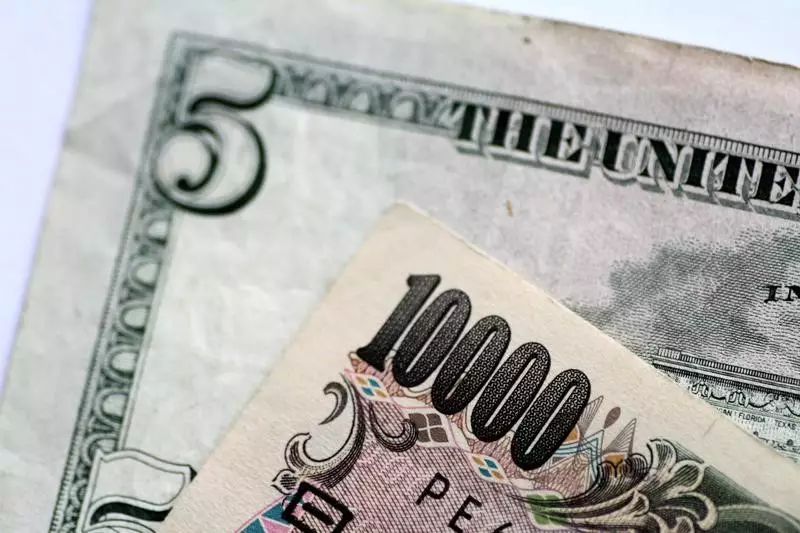Japanese Yen Strengthens as Inflation Sparks Rate Hike Expectations

In recent weeks, the Japanese yen has captured significant attention in global financial markets, achieving its strongest value against the US dollar within a month. Driven by an unexpected surge in inflation figures from Tokyo, the yen demonstrated remarkable resilience. On Friday, the USD/JPY exchange rate declined by approximately 1%, pushing the yen to a noteworthy low of 150.01 yen per dollar—its weakest point since late October. Such fluctuations in currency values highlight the responsiveness of the market to shifts in economic indicators and monetary policy outlooks.
The catalyst for this currency movement was the consumer price index (CPI) report from Tokyo, which signaled inflation rates surpassing economic forecasts for November. This particular CPI is regarded as a critical gauge of the broader economic landscape, serving as a predictor of nationwide inflation trends. Analysts and traders often leverage these insights to reevaluate their positions, and, in this case, expectations surged surrounding the likelihood of a rate adjustment by the Bank of Japan (BoJ) in December.
The BoJ, under the leadership of Governor Kazuo Ueda, has been vocal about its commitment to tightening monetary policy further. This hawkish stance is aimed at fostering a so-called “virtuous cycle” where rising wages contribute to persistent inflation, ultimately buoying consumer spending. Recent commentary from economists at ING highlights that the dual factors of increasing inflation and recovering economic activity enhance the probability of an interest rate rise, further underpinning the yen’s strength.
A survey conducted by Reuters reveals that market participants are aligning their strategies in anticipation of a 25 basis point increase in rates by the BoJ within the coming month. Should this materialize, it would mark the central bank’s third interest rate hike of 2024, a significant shift considering Japan’s long-standing era of negative interest rates. Such developments underscore a paradigm shift in the Japanese monetary landscape, influenced largely by an upturn in wage growth that has supported both inflation and aggregate demand.
Amidst these expectations of escalating interest rates, Japanese equity markets have exhibited volatility. Notably, the Nikkei 225 index experienced a downturn of 0.7% on Friday, while the TOPIX index decreased by 0.6%. This adverse reaction among investors reflects concerns that higher borrowing costs could dampen corporate profitability and economic expansion in the near term.
As we approach December, the focus remains on the interplay between inflation dynamics, wage growth, and the BoJ’s policy decisions. The yen’s potential recovery could be bolstered further if inflation persists and the BoJ follows through with its anticipated rate hikes. Analysts are also contemplating the broader implications of these economic changes, particularly the prospect of continued wage increases in 2025, which could pave the way for additional tightening measures from the central bank. As global investors keep a close watch, the Japanese economy may well be on the brink of transformative changes that could reshape its financial landscape.





